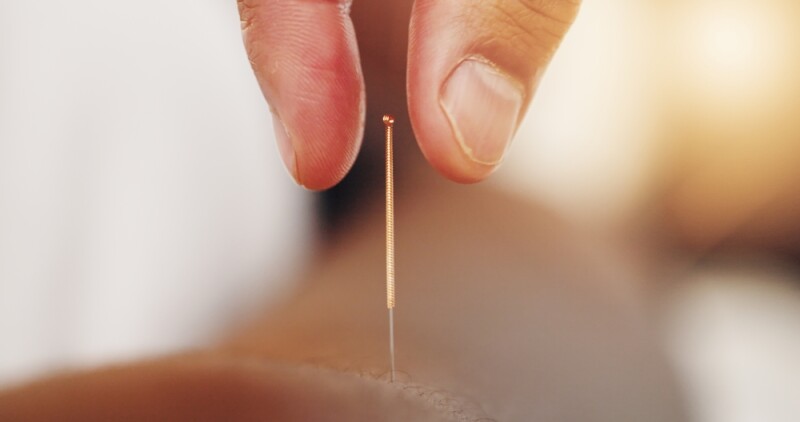High vitamin D levels may protect against COVID-19
In a new retrospective study at the University of Chicago Medicine published in JAMA Network Open of individuals tested for the novel coronavirus (COVID-19), vitamin D levels above those traditionally considered sufficient were associated with a lower risk of COVID-19.
The study examined the relationship between vitamin D levels and likelihood of testing positive for COVID-19. While levels of 30 ng/ml or more are usually considered sufficient, the authors said they found that Black individuals who had levels of 30 to 40 ng/ml had a 2.64 times higher risk of testing positive for COVID-19 than people with levels of 40 ng/ml or greater. Statistically significant associations of vitamin D levels with COVID-19 risk were not found in white people. The study looked at data from over 3,000 patients at the University of Chicago Medicine who had had their vitamin D levels tested within 14 days before a COVID-19 test.
This research is an expansion of an earlier study showing that a vitamin D deficiency (less than 20 ng/ml) may raise the risk of testing positive for COVID-19. In the current study, those results were further supported, finding that individuals with a vitamin D deficiency had a 7.2 percent chance of testing positive for the virus. A separate study recently found that over 80 percent of patients diagnosed with COVID-19 were vitamin D deficient.
"These new results tell us that having vitamin D levels above those normally considered sufficient is associated with decreased risk of testing positive for COVID-19, at least in Black individuals," said David Meltzer, MD, PhD, lead author of the study and Chief of Hospital Medicine at the University of Chicago Medicine, in a statement. "This supports arguments for designing clinical trials that can test whether or not vitamin D may be a viable intervention to lower the risk of the disease, especially in persons of color."
Vitamin D can be obtained through diet or supplements, or produced by the body in response to exposure of the skin to sunlight. Meltzer said most individuals, especially people with darker skin, have lower levels of vitamin D; roughly half of the world's population has levels below 30ng/ml.
While vitamin D supplements are relatively safe to take, excessive consumption of vitamin D supplements is associated with hypercalcemia, a condition in which calcium builds up in the blood stream and causes nausea, vomiting, weakness, and frequent urination. If left unchecked, it can further lead to bone pain and kidney stones. The current adult recommended dietary allowance for vitamin D is 600 to 800 international units (IUs) per day, though the National Academy of Medicine has said that taking up to 4,000 IUs per day is safe for most people, with risk of hypercalcemia increasing at levels over 10,000 IUs per day.
One of the challenges of this study is that it is currently difficult to determine exactly how vitamin D may be supporting immune function.
"This is an observational study," said Meltzer. "We can see that there's an association between vitamin D levels and likelihood of a COVID-19 diagnosis, but we don't know exactly why that is, or whether these results are due to the vitamin D directly or other related biological factors."
The research team is now recruiting participants for two separate clinical trials testing the efficacy of vitamin D supplements for preventing COVID-19.
Editor's note: Click here for more information and ongoing COVID-19 updates for integrative healthcare professionals.




















SHARE